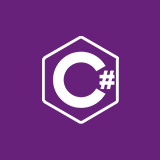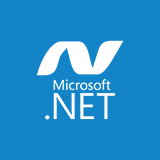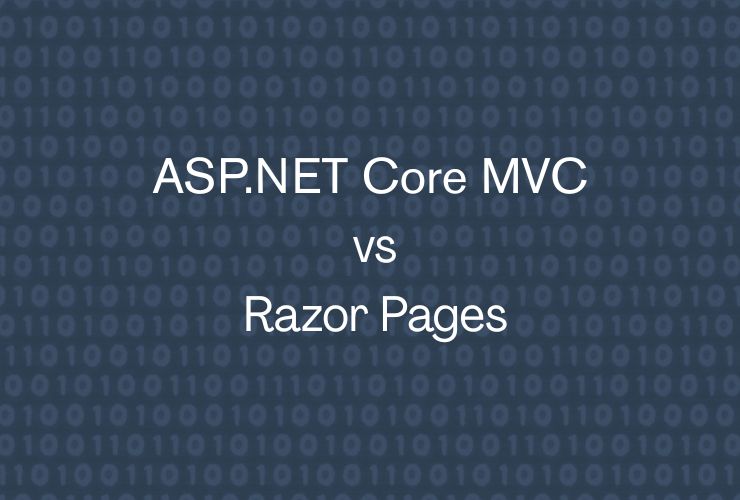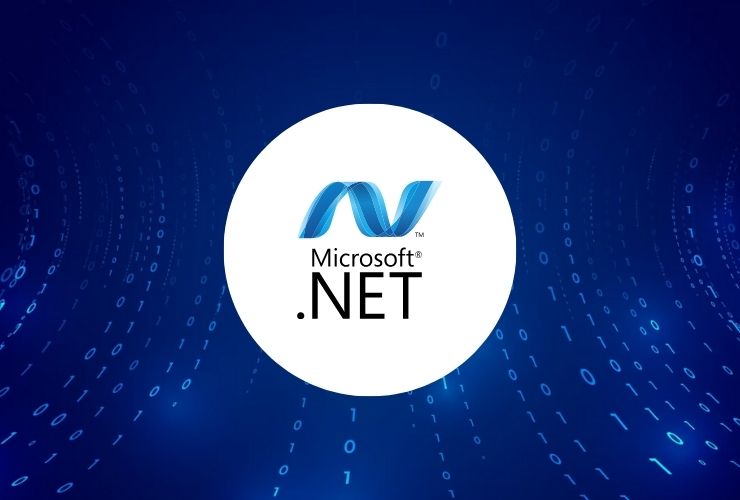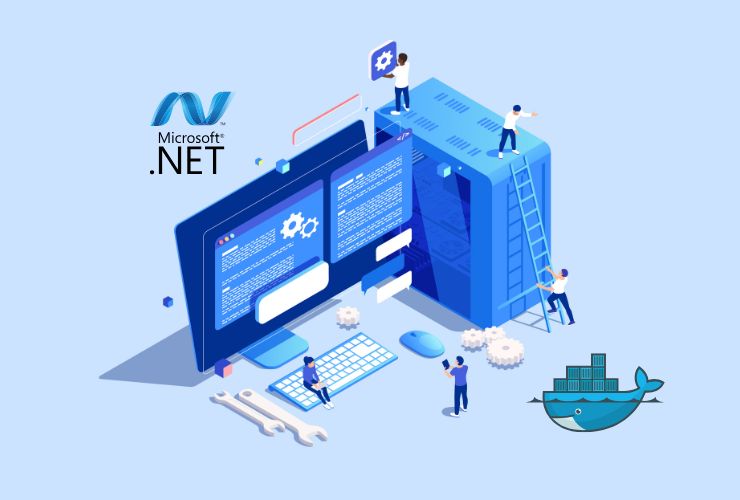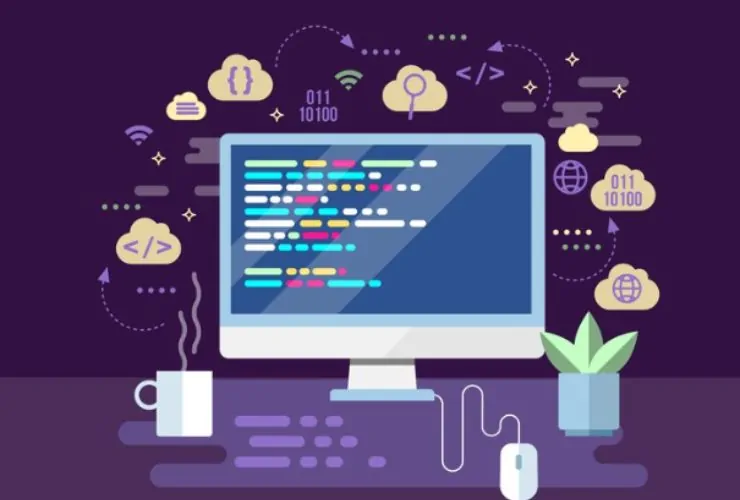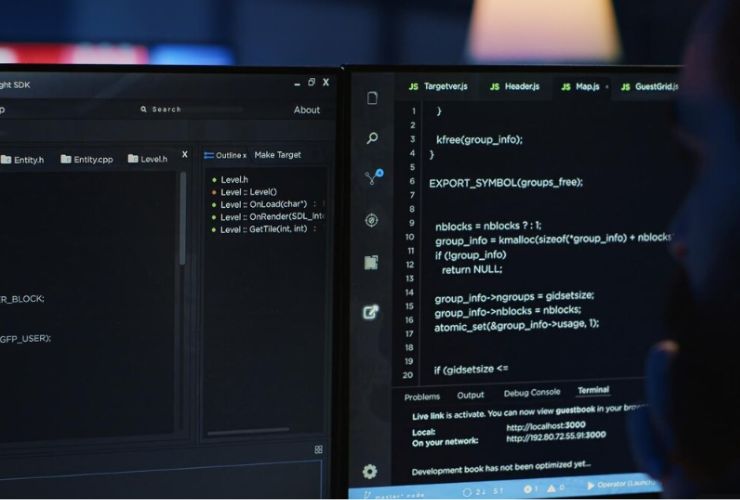What are the 12 essential skills every C# programmer should have?
Having a team of C# programmer with these essential skills is crucial for the success of your project. These competencies ensure that the software is built with high quality, efficiency, and maintainability. When hiring C# developer, look for these skills to ensure your project is in capable hands and poised for success.
When it comes to developing high-quality software, hiring the right C# programmer is crucial. Whether you’re building a web application, desktop software, or a complex enterprise solution, having a team with the right skills can make all the difference.
Here are the top 12 essential skills that C# programmer need to bring to your project:
1. Proficiency in C# Language Fundamentals
At the core of a C# programmer’s skill set is a solid understanding of the C# language itself. This includes a thorough knowledge of data types, variables, operators, control structures (such as loops and conditionals), and exception handling. Mastery of these fundamentals ensures that the programmer can write efficient and effective code.
2. Object-Oriented Programming (OOP)
C# is an object-oriented language, so expertise in OOP principles is vital. This includes understanding and applying concepts like classes, objects, inheritance, polymorphism, encapsulation, and abstraction. OOP skills enable programmer to create modular, reusable, and maintainable code.
3. .NET Framework and .NET Core
A comprehensive understanding of the .NET ecosystem is essential. Programmer should know the differences between .NET Framework and .NET Core, and when to use each. This knowledge allows them to leverage the appropriate runtime, libraries, and tools for your project.
4. Asynchronous Programming
Building responsive applications often requires asynchronous programming. Proficiency in using async and await keywords, as well as the Task Parallel Library (TPL), helps manage concurrency and parallelism, leading to smoother and more efficient applications.
5. LINQ (Language Integrated Query)
LINQ is a powerful feature for querying collections in C#. Mastery of LINQ to Objects, LINQ to SQL, and LINQ to XML enables programmer to perform complex data manipulations and queries with ease and precision.
6. Entity Framework
For projects involving database interactions, knowledge of Entity Framework is crucial. This ORM (Object-Relational Mapping) tool allows programmer to work with data using domain-specific objects, simplifying data access and manipulation. Skills in creating data models, migrations, and querying databases are key.
7. Web Development with ASP.NET
Many projects require web development expertise. Proficiency in ASP.NET MVC and ASP.NET Core is essential for building robust web applications. Programmer should understand MVC architecture, Razor views, middleware, and routing to create dynamic and responsive web solutions.
8. Windows Forms and WPF
For desktop application development, knowledge of Windows Forms and Windows Presentation Foundation (WPF) is important. These skills allow programmer to create rich user interfaces, handle events, and implement data binding in desktop applications.
9. Unit Testing and Test-Driven Development (TDD)
Ensuring code quality through unit testing is critical. Familiarity with testing frameworks like NUnit, MSTest, or xUnit, as well as practicing Test-Driven Development (TDD), helps in writing reliable and maintainable code. This leads to fewer bugs and a more stable software product.
10. Source Control with Git
Version control is a fundamental practice in software development. Proficiency in using Git for source control allows programmer to manage code changes, collaborate with team members, and maintain a history of code versions. Skills in branching, merging, and pull requests are essential.
11. Understanding Design Patterns
Design patterns are proven solutions to common software design problems. Knowledge of patterns like Singleton, Factory, Observer, and others helps programmer write more efficient and maintainable code. Applying these patterns appropriately enhances the overall architecture of the software.
12. Continuous Integration and Continuous Deployment (CI/CD)
Automating the build, testing, and deployment processes is key to efficient software development. Familiarity with CI/CD practices and tools like Azure DevOps, Jenkins, or GitHub Actions ensures that code is consistently tested and deployed, reducing errors and speeding up delivery times.


